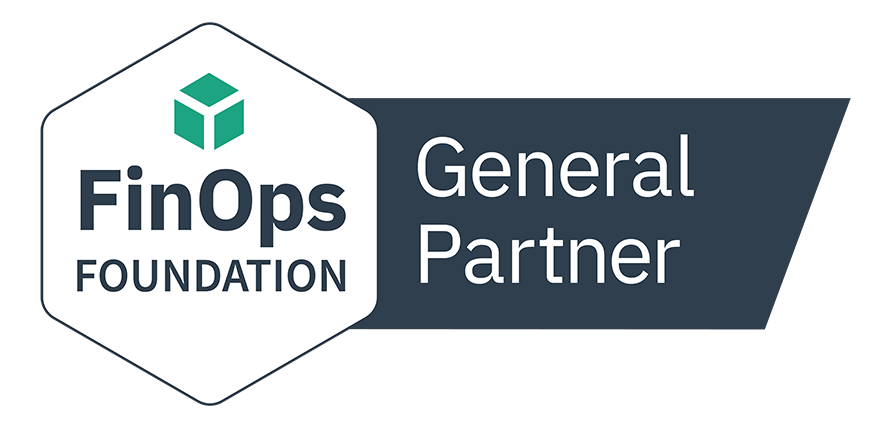"Leave your ego behind and recognize that everyone you’ll work with here wants to make the best product. It's not about being right; it's about building good products."
You were at Microsoft for six years, Jeremy. How, when, and why did the Pepperdata switch happen?
The Pepperdata founders reached out to me in 2013. It was clear they were building a great team with a bunch of smart people. At this point, I was happy enough at Microsoft, but I wanted to change what I was doing.
To be honest, I had realized that a big corporate place wasn’t right for what I wanted to do. I want to excel at frontend development. However, at Microsoft, I wasn’t experiencing much growth. Each day, I was increasingly getting worried about my technical skillset stagnating. I felt like staying at Microsoft would limit my knowledge base going into the future. I wanted to go somewhere where I could learn more, learn something different. When Pepperdata came along, it was perfect.
What, precisely, is your role at Pepperdata right now?
I lead the frontend engineering team. However, the structure we have at Pepperdata is pretty flat, in that there's no hierarchical report structure. It works really well. No one expects their opinion to be the only one that counts. Everyone’s opinion matters. In that atmosphere, where everyone’s input is treated equally, the best solution to a problem naturally emerges. It doesn't matter how junior you are; your opinion matters a lot.
That’s very cool. So let's get into your ten years at Pepperdata: How has your role changed and evolved in that time?
For the most part, I think it's been pretty similar throughout, in a way that makes me happy. I continually come up with creative solutions to problems and use technologies that I deem best fit the job. I get to work with a great team full of good people that I like working with.
Probably the biggest change is the fact that we have way more people on frontend development now. In the beginning it was pretty much just me and another senior engineer, who focused more on API, while I focused on the UI. Now the team has grown and we’re spread out—some in Toronto, while others here in California.
It’s been a challenge, at times, from a managerial perspective. From talking to the CEO and customers about new features, then taking that information and talking to the team to figure out who does what. There are a lot of moving parts. However, we typically get new features added without much fuss. It’s always good to just be able to get it done quickly and give the customers what they need.
Being able to build features that quickly must be exciting from a development perspective.
Yeah. I think that's what makes Pepperdata stand out. I mean, we're competing against other companies, right? And they have great devs too. But customers see how quickly we build our features and our software. Our product is built in a way that particular features can be added quickly. Maybe others don’t have that agile capability customers want to invest in. We can respond to customer needs and be super flexible.
Don’t get me wrong: Frontend development can be stressful. Sometimes you’re adding a feature and the clock is ticking down fast. But I do appreciate getting customer feedback and immediately being able to make the product better for our customers. It’s a really satisfying thing: the speed that we can check something in, push out builds, and get the fixes or new features in for our customers.
What are things about Pepperdata that you think are special, unique, or particularly powerful?
That’s a hard one to answer because, from my end, most of what I see are the bugs and flaws that I need to fix. Seriously though, it’s the fact that we’ve built Pepperdata with an agile capability, where we can add features very quickly. We took a bunch of time to redesign our products, and I think that redesign has gone pretty well. We also have a lot of new members on the team, who have got up to speed quickly.
We’ve also evolved our frontend development space. The newer generation of code is so much easier to work with. I think we're just getting better and better at handling and dealing with new technologies, too. It also helps to have a bigger frontend engineering team that can really respond to a lot of feature requests quickly.
In, say, five more years, what do you see as a success within your role? Do you have frontend development goals that you want to achieve?
Personally, it’s hard for me to look that far ahead. I tend to look at the work in front of me, get it done, then move on to the next thing. But if I step back, I hope that the incremental changes that we make in our products will eventually add up to features that will make Pepperdata better overall.
I think that’s because I don't like these longer-term features that take forever to get out. I'd like to show my work a little bit at a time and keep the customer engaged. I believe it's better to release features gradually and consistently, get feedback, then iterate and tweak the product. It's hard to know if something's good or bad without any feedback. Looking forward, we're just going to keep building on top of the product, adding more features, and supporting both more big data stacks and our customers.
As a Pepperdata veteran for ten years, what advice would you give to a new hire looking to succeed at Pepperdata?
I would say that the biggest thing is to leave your ego behind and just listen. I like to think that we have this egoless culture where everyone's opinions matter. Great ideas can come from anywhere. It doesn't matter if you are junior or senior, or even if the suggestion is coming from outside your team.
Having the knowledge and ideas just spread out amongst everyone and giving people the freedom to explore and execute those ideas is a really powerful thing. Ideas can come from anywhere, and everyone here is personally invested in the product. It's fun to work on what you want to, compared to something someone else is forcing you to work on. I'd say just leave your ego behind and recognize that everyone you’ll work with here wants to make the best product. It's not about being right; it's about building good products. That goes for frontend development and everywhere else at the company.
To read more profiles about Pepperdata stars, read part one of our Pepperdata Profiles series.
The views expressed on this blog are those of the author and do not necessarily reflect the views of Pepperdata. Any solutions offered by the author are for illustration purposes only and are not part of the commercial solutions or support offered by Pepperdata.




